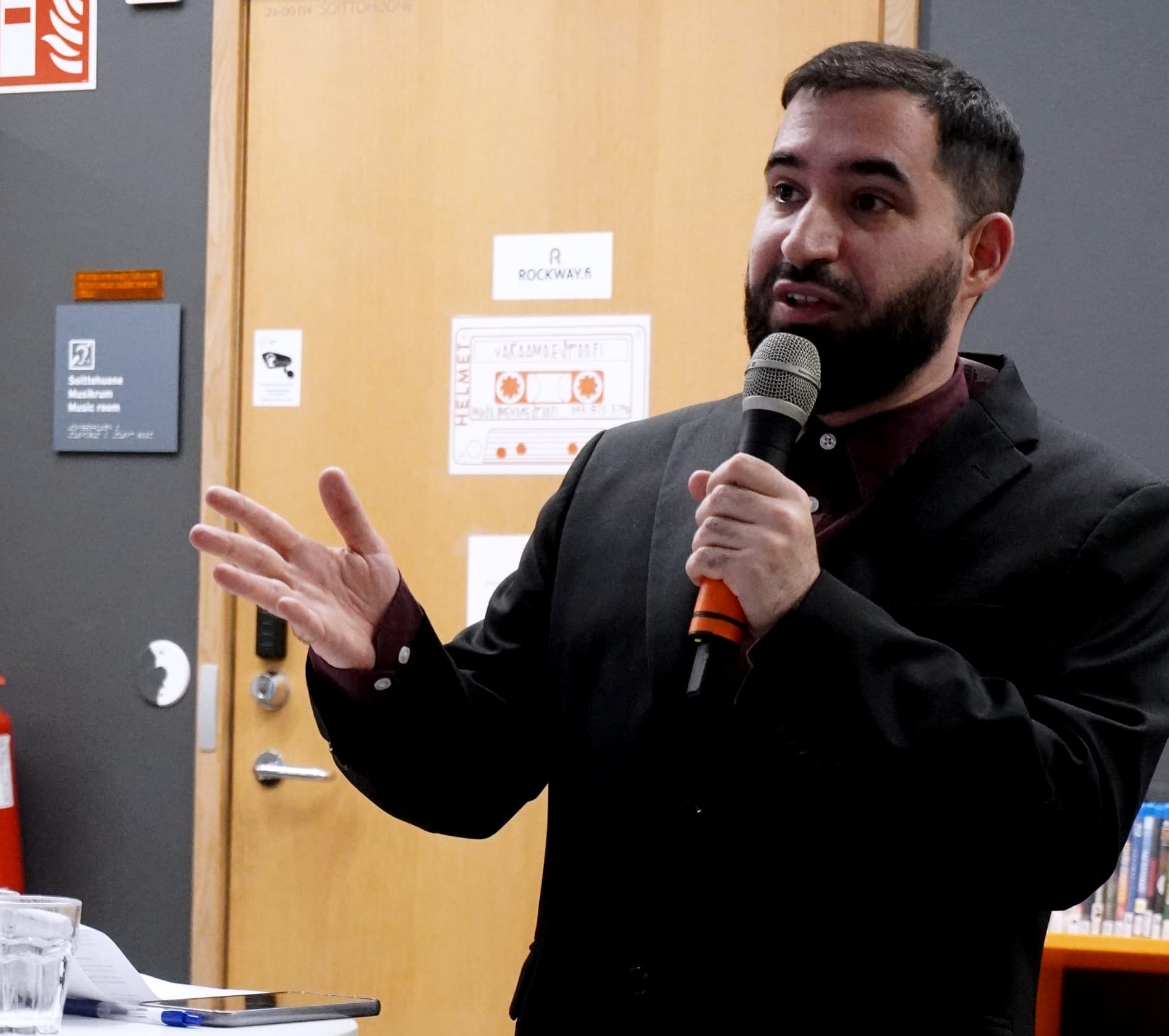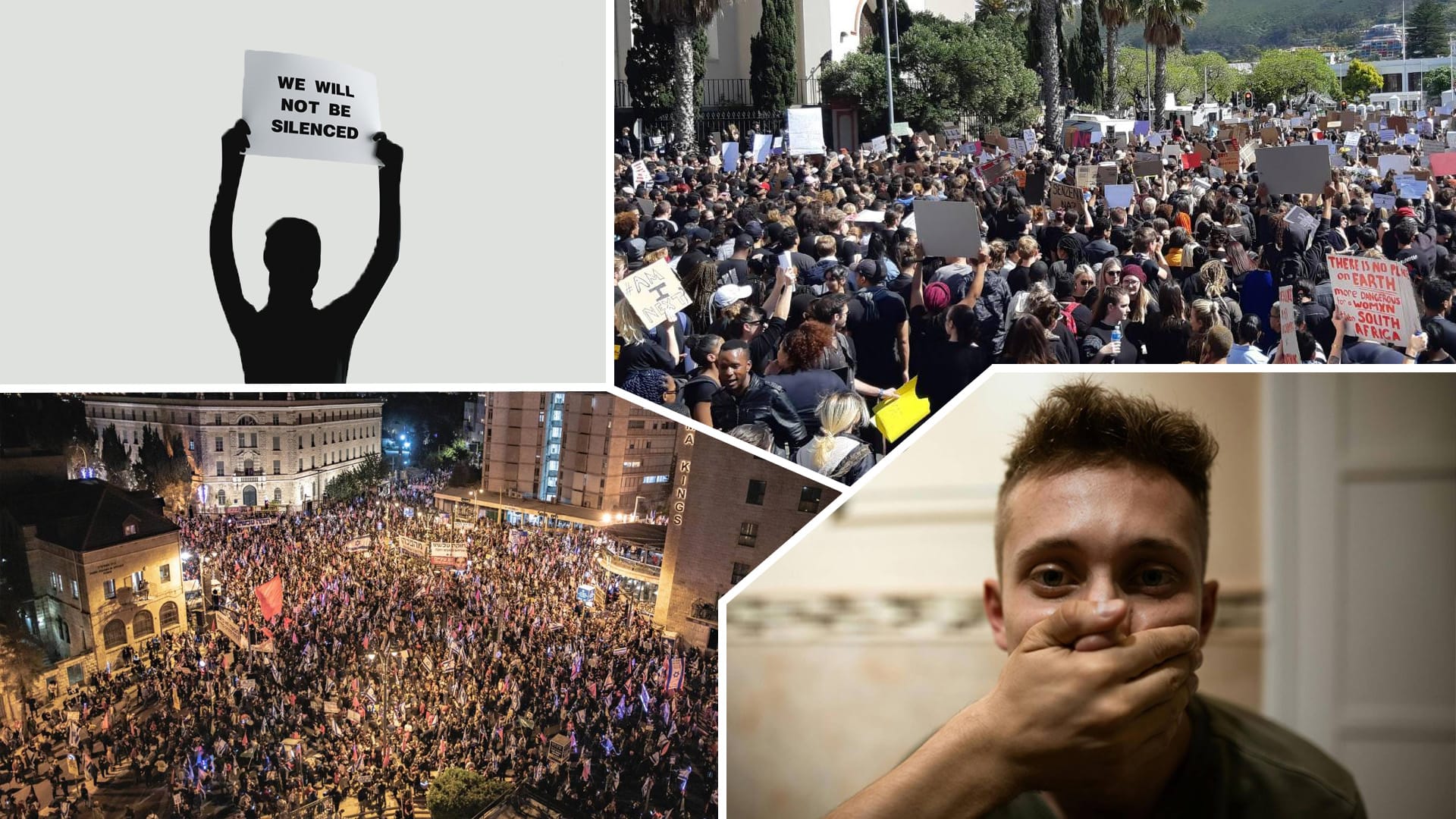Silenced by the system: Immigrant organisations shut out of Finnish democracy
Immigrant organizations provide vital services but lack political voice. As funding shrinks and decision-makers overlook them, Finland’s democracy faces a growing credibility gap.
Finnish democracy is flawed if all its members do not participate or are represented. Equal participation is the essence and source of legitimacy of democracy. If immigrants, a large segment of Finnish society, are hardly involved, it casts a shadow over the system as a whole.
In recent years, Finnish media and academic research have paid some attention to the low participation of immigrants in elections as voters and candidates. For instance, only 39 percent of foreign-language speakers voted in the 2023 parliamentary elections. This is undoubtedly an important and worrying issue. But no less important is whether immigrants take part in politics between elections.
Most political decisions are made between elections. During these periods, politicians propose and negotiate policies, public officials advise and implement them, and lobbyists and advocates try to influence. In Finland, political structures and culture traditionally offer many opportunities for influencers and civil society organisations to be heard.
But what about immigrants' impact on policy-making between elections? An obvious consequence of low participation as voters and candidates is that there are far fewer immigrant decision-makers. This already puts immigrants at a significant disadvantage.
But can immigrant organisations influence the political decisions that affect them?
On this issue, there is very little media coverage or research in Finland. However, research* from other Nordic countries with similar political culture shows that immigrant organisations have very limited impact on decision-making, even on matters that directly concern them. Policymakers consult them sometimes, but usually only on narrow immigration or integration issues - and even then, their input rarely has much impact. Overall, the impact of these organisations remains very small.
From my own experience in political advocacy in Finland, the situation here is much the same. Immigrant organisations are hardly heard. When they are, it is mostly about very specific niches, such as information for newcomers or experiences of racism. These matters are important, but immigrant organisations should also be heard on broader topics that are relevant to them, such as education, welfare, or healthcare. And even in meetings where immigrant organisations were included, I often wondered whether politicians and civil servants took note of or used anything we said.
Another critical issue is resources. Immigrant organisations in Finland have extremely limited budgets, which makes political advocacy very difficult. They depend almost entirely on state or municipal funding, either as general support or project grants. These allocations are small, and this year they were cut by 20 percent. The government plans a 34 percent cut by 2027. Even more worrying is that these cuts are expected to hit immigrant organisations especially hard, as part of the wider political push to limit integration support. This would be a deathblow to immigrant organisations, including their ability to protect and represent their communities politically.
Ironically, this is happening at a time when the Finnish state is probably relying on immigrant organisations more than ever. As in many other countries these days, the public authorities are withdrawing from many of their responsibility for the health, education and welfare of citizens, outsourcing them to civil society organisations. This outsourcing is particularly visible in immigrant integration services, which are gradually being transferred to immigrant organisations. This is also done because of the expertise of immigrant organisations, which often have much better familiarity with their target audiences than some public authorities. However, this focus on service provision comes at the expense of the role of immigration organisations in politically protecting the target audiences, especially because public authorities limit the use of grants to service delivery only.
Therefore, it can be said that Finnish authorities recognise the expertise of immigrant organisations, yet allow them to use it only for giving immigrants services, but not a voice. This is a situation of exploitation, obligations without rights, that cannot last. If it continues, with immigrants deprived of public support and excluded from politics, Finland will hardly be able to call itself a genuine democracy.
*Research
Frödin, O., Fredholm, A., & Sandberg, J. (2021). Integration, cultural preservation and transnationalism through state supported immigrant organizations: A study of Sweden’s national ethnic associations. Comparative Migration Studies, 9(1), 35.
Odmalm, P. (2004). Civil society, migrant organisations and political parties: Theoretical linkages and applications to the Swedish context. Journal of Ethnic and Migration studies, 30(3), 471-489.
Predelli, L. N. (2008). Political and cultural ethnic mobilisation: The role of immigrant associations in Norway. Journal of Ethnic and Migration Studies, 34(6), 935-954.
Scaramuzzino, R., (2012). Equal opportunities?: A cross-national comparison of immigrant organisations in Sweden and Italy. Doctoral dissertation, Malmö University, Faculty of Health and Society.

Ran Blumgrund
Ran Blumgrund has extensive experience in activism for political participation, particularly of immigrants in Finland. He holds an M.A. degree in political science and works in an intercultural organisation in Finland. Committed to building a more inclusive society, Blumgrund works to amplify immigrant voices often overlooked in mainstream political debate.






